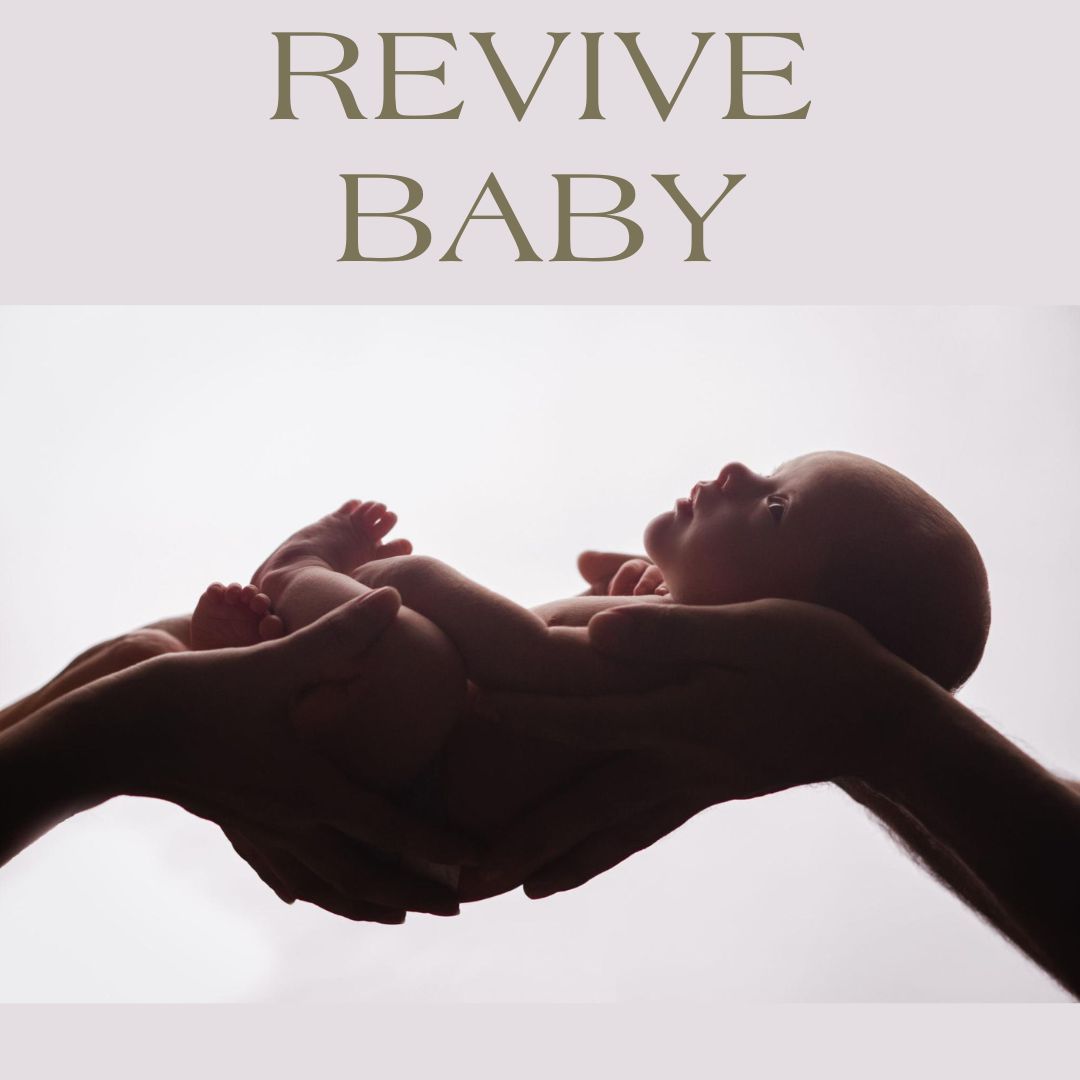Throughout pregnancy, there are numerous physiological and psychological changes. Because of all the conflicting advice and ideas, you'll receive during this wonderful time in your life; it's natural to wonder whether bending while pregnant is safe.
The space between your tummy and the warm cocoon your child is floating is extremely padded. But, unfortunately, there is a limit to how much pressure and trauma your abdomen can withstand, no matter how badass you feel after growing a whole person within you.
If you are curious about whether your baby is affected by bending or not, then this article is for you, So have a look at this detailed, informative blog about bending while pregnant.
If after six weeks, you cannot see the fetal pole and wonder if having no fetal pole at six weeks is a sign of normal pregnancy. Read this blog to learn about it completely.
Is The Baby Safe Inside The Womb?
Since the beginning of Earth's history, humans have been growing and having babies. A pregnant woman's body is designed to withstand various activities, such as long walks, strenuous work in the fields, looking after other children, and caring for animals.

Your body can handle some roughhousing without damaging your child for the reasons listed below:
- Your increased weight is a protective fat layer, and the amniotic fluid, which absorbs pressure like a waterbed, helps keep your unborn kid safe within your uterus.
- The difference between contact (such as bumping against a wall) and trauma must be clear (like a car accident).
Your stomach won't be hurt by regular abdominal contact. But on the other hand, trauma is a unique and uncommon situation.
If you or someone you care about is pregnant may find our blog about can crying and stress affect the unborn baby.

Can I Harm My Baby When Bending Over?
Some pregnant women are frightened that their unborn child will be squashed if they bend over.
Your baby is quite unlikely to be harmed if you lean over.
Your developing infant has a cushion thanks to the amniotic fluid. In addition, your unborn child is shielded from the outside world by the amniotic fluid.
While stooping may make you uncomfortable, remember that your baby is fully capable of shifting their head and body to a more comfortable posture.
Bending During The First Trimester
In the first trimester, your baby's bulge will not prevent you from bending over.
However, you can take precautions to reduce the possibility of harming yourself or the baby.
By protecting your back muscles, good posture can help you avoid back discomfort during pregnancy.
Rather than bending at the waist, reach down with your knees and grab whatever you require. Then, pick it up while squatting with your knees bent and your back straight.
The same advice applies when transporting heavy loads. When carrying heavy objects while pregnant, use extreme caution.
Heavy lifting can be dangerous for pregnant women, so get a note from your doctor or ob/GYN outlining the precautions you should take at work.
Bending During The Third Trimester
Bending over is still safe for your child when you're in your third trimester of pregnancy.
However, as time passes, you will likely discover that doing so is extremely difficult, if not impossible.
There's more to it than just weight gain; your stomach is expanding. As a result, the strain will be felt in your lower back, hips, legs, knees, and feet.
If you're in your third trimester, this is an excellent time to accept help from friends and family.
Your body is growing, and it will be difficult to move easily compared to normal conditions. Pregnancy is a time of nourishment and preparation for childbirth. Allow yourself plenty of time to unwind and unwind.
Reasons To Avoid Bending in the Third Trimester
As you enter the third trimester of pregnancy, you can expect your tummy to expand along with your baby. Forward bending may pose the following risks at this time:
If you're wondering why your belly is getting soft during pregnancy, you can learn about it in our guide.
Falling
A large stomach may cause you to lose your balance when bending over. This is because the infant's head settles into the pelvis at this point, and the center of gravity shifts lower in the body.
In addition, abdominal injuries, such as those sustained in a trip and fall, can result in placental abruption. It is also possible to experience bleeding or a miscarriage.
Dizziness
Blood rushes to your head when you bend forward, making you dizzy and lightheaded. Dizziness and loss of equilibrium pose serious health risks during the third trimester of pregnancy.
Heartburn
Leaning over places pressure on your stomach, which can cause acid to back up and cause heartburn. When stomach acid returns to the esophagus, it leaves a bitter aftertaste and a painful burning sensation.

Backache
Bending forward adds strain to the back, which is already vulnerable during pregnancy. Also, if your ligaments are already weak, this could be much more painful.

Can I Squish My Baby While Sitting And Leaning Forward?
You can lean forward as comfortably when pregnant as you would while leaning over during normal days. This is because the amniotic fluid in your uterus provides a safe and secure environment for your baby.
Good posture, however, may help you feel more comfortable and less strained during pregnancy.
If you want to keep your posture in check, using a fit ball that is the right size is the best bet. Also, it aids with fetal placement, which means a more comfortable delivery for you.
You should maintain a level foot position when sitting to ensure proper weight distribution between your hips and knees.
Prelabor positioning of the baby may be improved if the mother's hips are higher than her knees. In addition, slouching promotes a posteriorly presented baby (one whose back is against the mother's), which may prolong and intensify labor. The term "back labor" describes this condition as well.
You should keep your legs apart and avoid heels and other shoes that put extra strain on your posture. Shoes suitable for pregnancy should provide enough arch support without being too high or too flat.
Visit our guide about pregnancy: Feeling Flutters At 9 Weeks Pregnant
Why Does Bending Over Hurt So Much When Pregnant?
The ligaments of the uterus stretch to accommodate your growing tummy as your baby develops.
It's possible to feel pain in your round ligaments while pregnant. It's common during physical activity and when you bend or switch positions fast, including while sleeping.
Pain in the round ligaments is often acute, felt deep in the abdomen or groin, and may be localized to one side or both.
By following the preventative measures, you may lessen the likelihood of experiencing round ligament discomfort.
It is common for pregnant women to have discomfort, including pain in the round ligaments. Nonetheless, you should see your doctor if you're worried about experiencing discomfort at any point in your pregnancy.
Conclusion
Your unborn child is extremely well protected within your tummy, and their little contact with the outside world daily is unlikely to harm them.
Third-trimester pregnancies are slightly more dangerous because the baby is larger and the placenta is less developed. Even so, being concerned requires more than your 5-year-old jumping onto your lap.
However, if you experience discomfort, bleeding, contractions, or changes in your baby's activity after a traumatic event, you should contact your doctor immediately.
Most women will have begun wearing maternity clothes by the fifth month, there will always be those who do not. If you're one of them see our guide to learn how to dress during pregnancy without maternity clothes.









